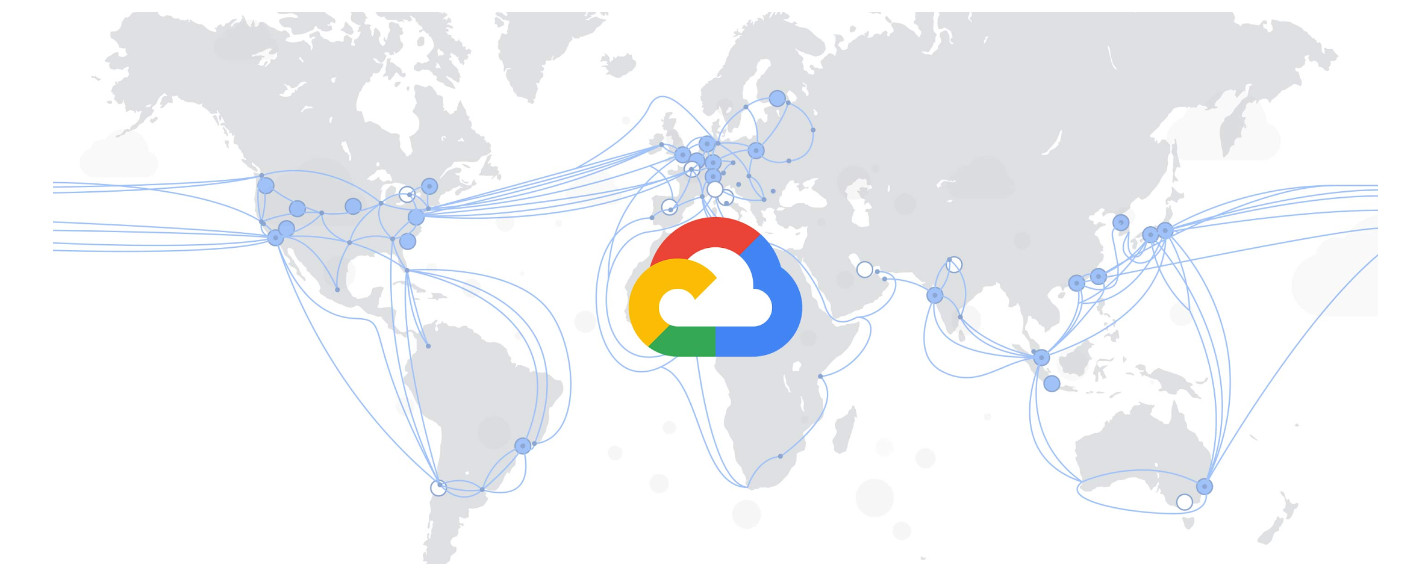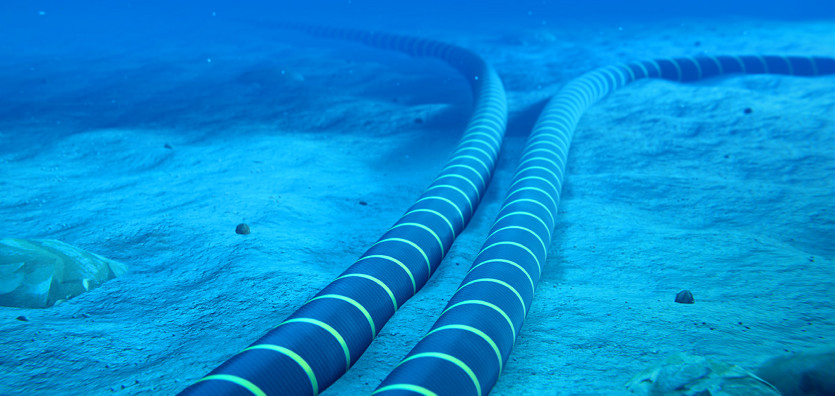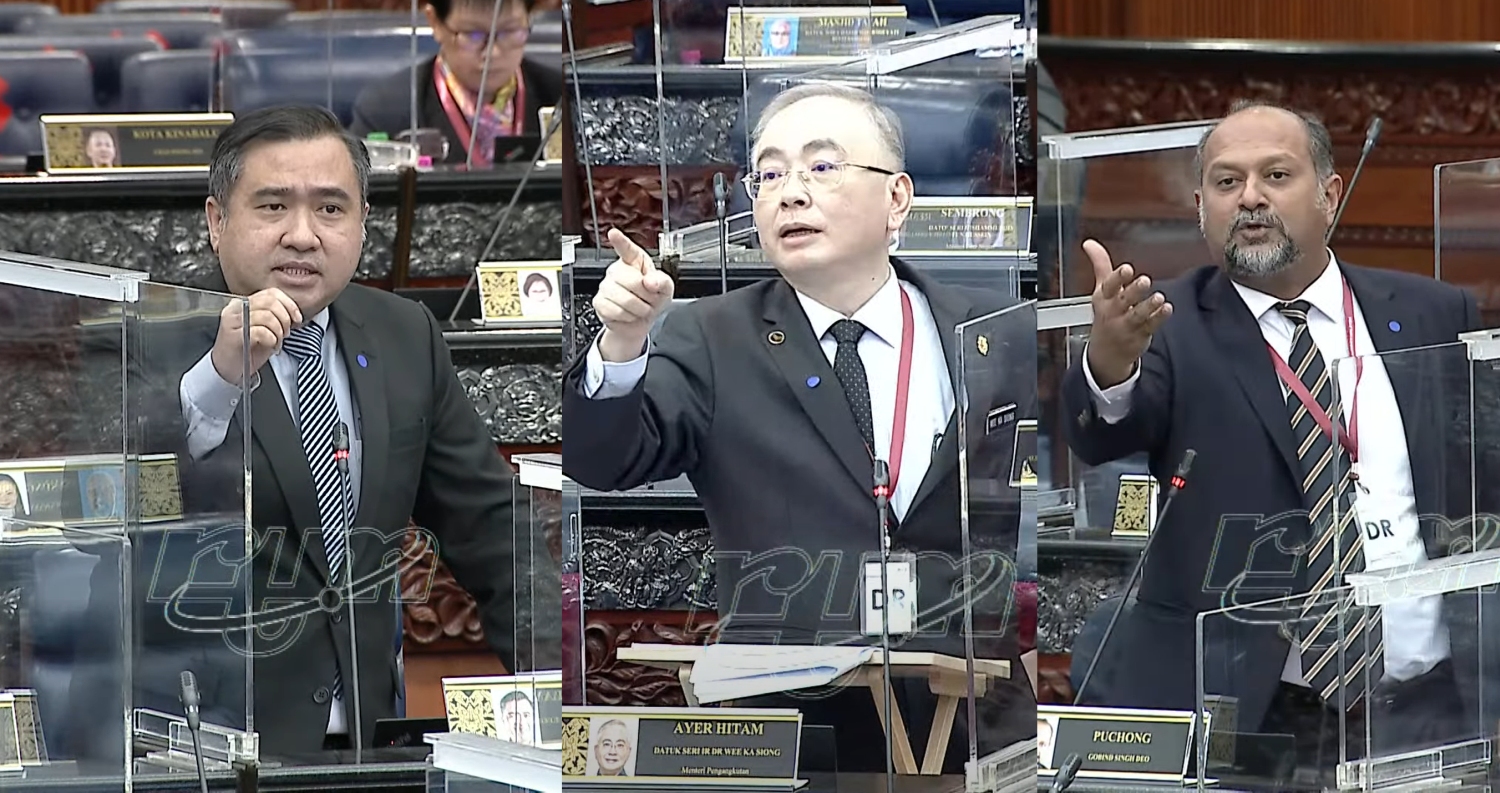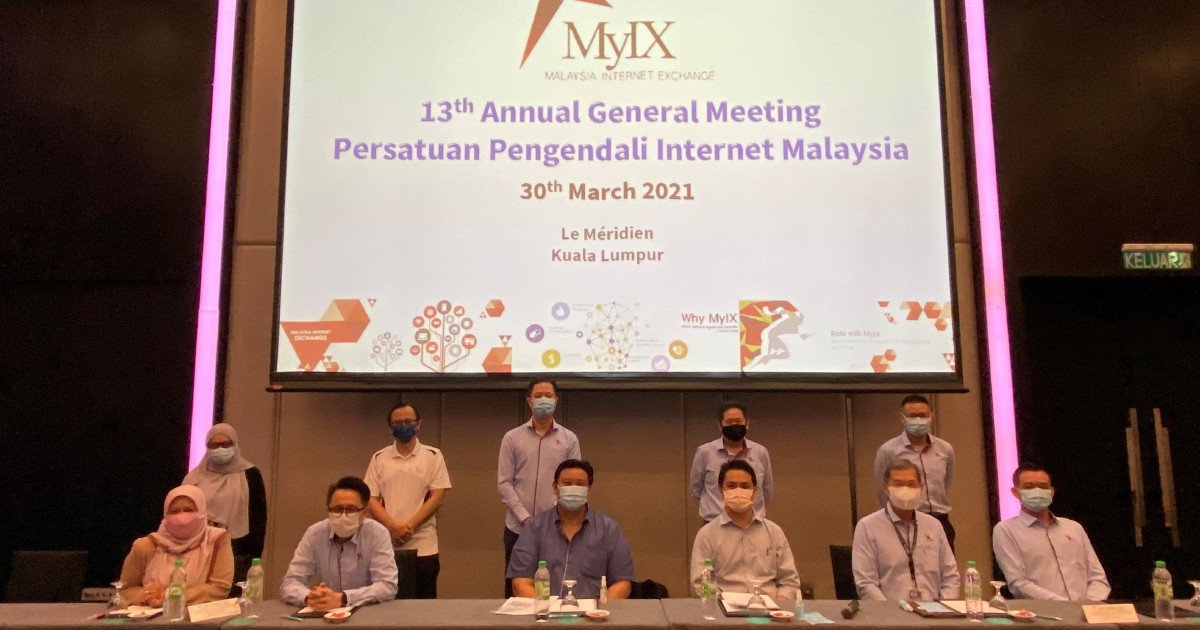With the current situation (both, political and economic) in Malaysia, it is no doubt, our countries are at a losing end of things. Malaysia was once, a growing hub for technological advances and major development however, this time, we’ve reached a situation where our political turmoil is indeed driving away investors. Foreign investors are exciting the local stock market for greener pastures and this includes our neighbours such as Singapore and Indonesia. Analysts have claimed that with no clear successor as prime minister, Tan Sri Mahiaddin’s decision to step down will further roil the country’s financial markets and dampen investors’ confidence.
Now, tech giants, Facebook and Google have just announced Apricot, a new subsea cable that will boost connectivity in the Asia Pacific region. Sadly, Malaysia will not be on the list of countries involved. This would be a 12,000km long submarine cable that will connect Japan, Taiwan, Guam, the Philippines, Indonesia and Singapore. Deemed as an opportunity missed for the nation, Malaysia has actually aimed to have the most submarine cable landings in Southeast Asia by 2025 under MyDigital!

In the midst of Facebook announcing Echo and Biforst cables to provide redundant and reliable connectivity between Southeast Asia and North America, MyIX has actually raised a valid concern that tech giants are looking past Malaysia due to the ongoing cabotage issue and no, it has nothing to do with cabbages.
Cabotage is the restriction to operate sea, air, or other transport services within a particular territory. This issue in Malaysia started after former Transport Minister, Dr Wee Ka Siong revoked the exemption that was introduced by his predecessor, Antony Loke, that was meant to speed up undersea cable repairs which are crucial to the nation’s internet connectivity!

Apparently, Facebook, Google, Microsoft and MyIX had written to the current caretaker Prime Minister Tan Sri Mahiaddin Yassin at least twice to push for the reinstatement of the cabotage exemption for submarine cable repairs. Prior to this, former Transport Minister Anthony Loke, said that the submarine repairs in Malaysia took approximately 27 days which is significantly longer than our neighbouring countries in ASEAN.
This was due to the DSL process which requires consultation with MASA (Malaysia Shipowners’ Association) before foreign vessels with the required DP2 capability can carry out the job. This exemption was introduced in April 2019 during the Pakatan Harapan administration as a request by Telekom Malaysia and TimeDotCom with the support of the Ministry of Communications and Multimedia, which was led by Gobind Singh.

Long after the Sheraton Move occurred, in April this year, six ministries including MITI, Ministry of Finance, Ministry of Communications and Multimedia, Ministry of Transport, EPU, MEDAC and MOSTI were instructed to study the impact of the cabotage policy on digital investments and the local shipping industry and to come back with a recommendation in two weeks.
Sadly, several months have passed and no decision has been made by the government. Following this, the lack of updates after almost 3 months have resulted in MyIX and PIKOM issuing a statement that literally reminded the government that its silence on the issue has continued causing jitters with foreign investors. Adding on, MyIX stated that 5 out of 6 ministries are in favour of reinstating the cabotage exemption for foreign vessels to conduct submarine cable repairs in Malaysian waters.

Apricot is expected to launch in 2024, and the cable system will provide an initial design capacity of more than 190 Tbps to meet rising data demands in the region. Furthermore, this would support existing cable systems including Echo and Bifrost. Apricot added that the new cable will help to meet the growing demand for 4G, 5G and broadband services in the region.
According to Google, the network of cables will offer the benefits of multiple paths in and out of Asia to ensure a significantly higher degree of resilience for Google Cloud and digital services. Consequently, businesses and startups in Asia can look forward to lower latency, more bandwidth, and increased resilience in connectivity between Southeast Asia, North Asia and the United States.

Nevertheless, let’s just hope that whoever’s next in line to be the Prime Minister of Malaysia would actually rectify this situation and gain more confidence among foreign investors to prevent Malaysia from experiencing its own kind of doomsday!
Follow us on Instagram, Facebook or Telegram for more updates and breaking news.



